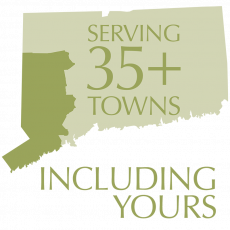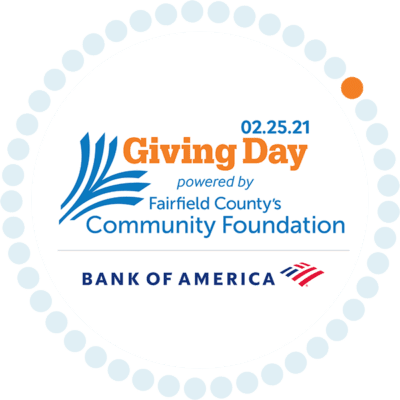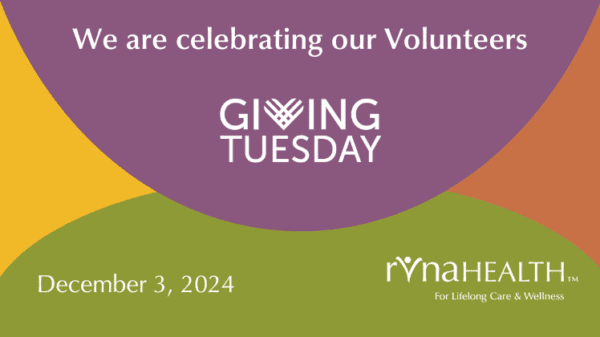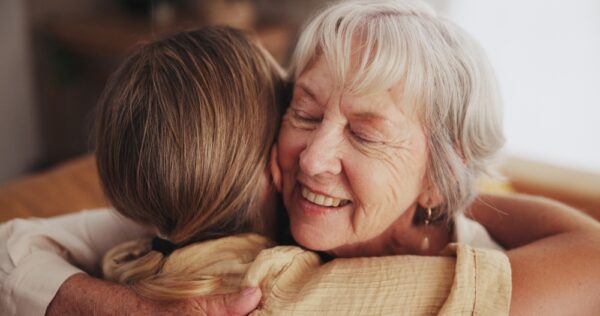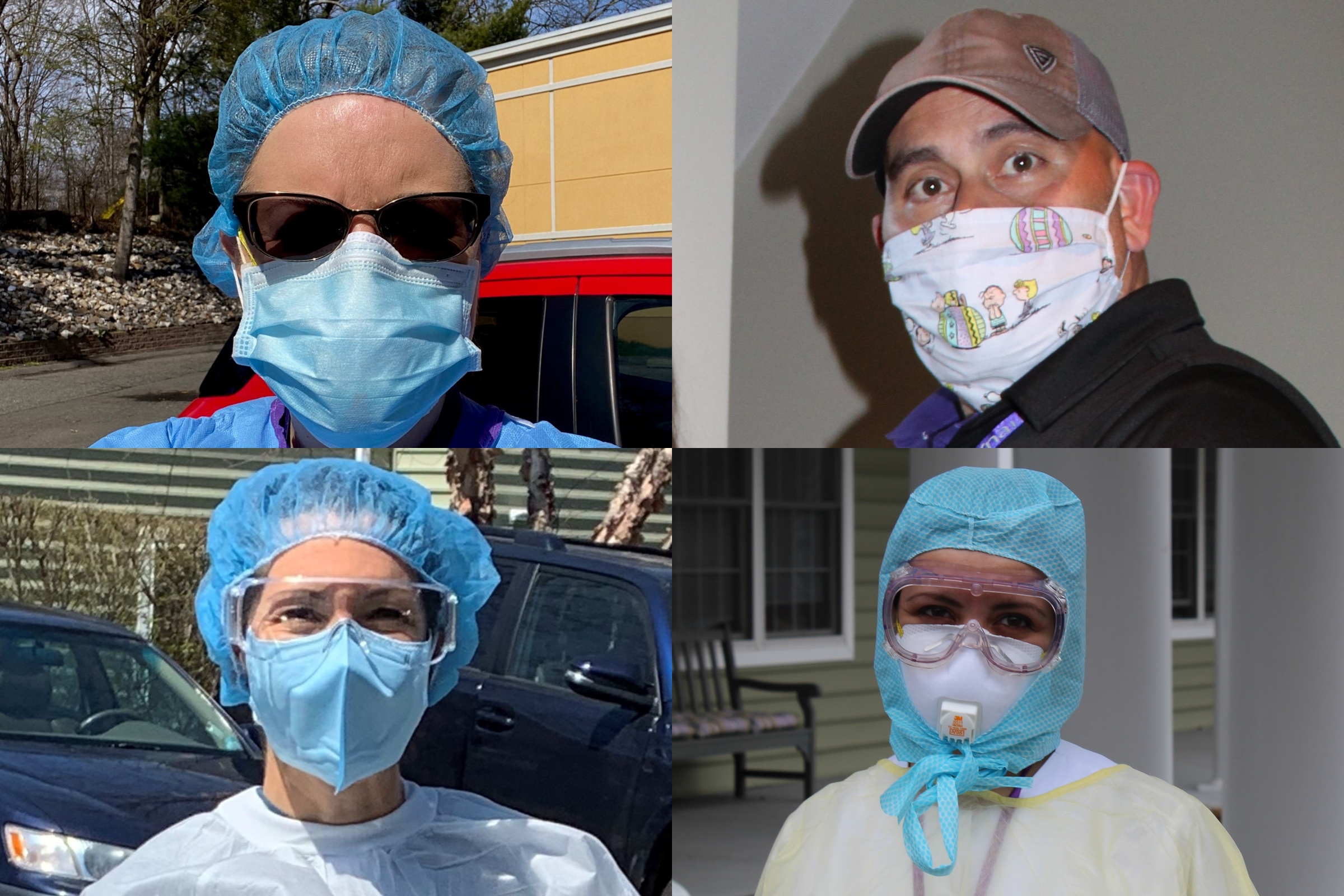

Some of the RVNAhealth front line team during COVID-19 wearing personal protective equipment (PPE).
Traffic is creeping back onto our local roads. Grocers’ shelves are once again stacked with most supplies. Hair salons have joined the list of businesses reopening in Connecticut. The COVID-19 “new normal” is setting in, and everyone is looking forward to moving on.
But for the professionals who have spent their days and nights caring for COVID-19 patients, that is easier said than done.
“With this pandemic, caregivers have experienced so much grief and trauma,” says RVNAhealth Hospice Social Worker Jana Wu, LCSW, LADC. “They are used to being ‘professional helpers.’ It’s hard for them to stop, pause and shift the focus from taking care of others to taking care of themselves.”
In April, Jana launched a weekly Caregiver Support Group for RVNAhealth’s hospice team. Meetings are held Thursday evenings via videoconferencing.
“I really encourage people to come as they are,” she says. “If you don’t want to turn on the camera, if you want to lay on the couch after a long day, if you come late or need to leave early, that’s fine.”
A Group of Peers
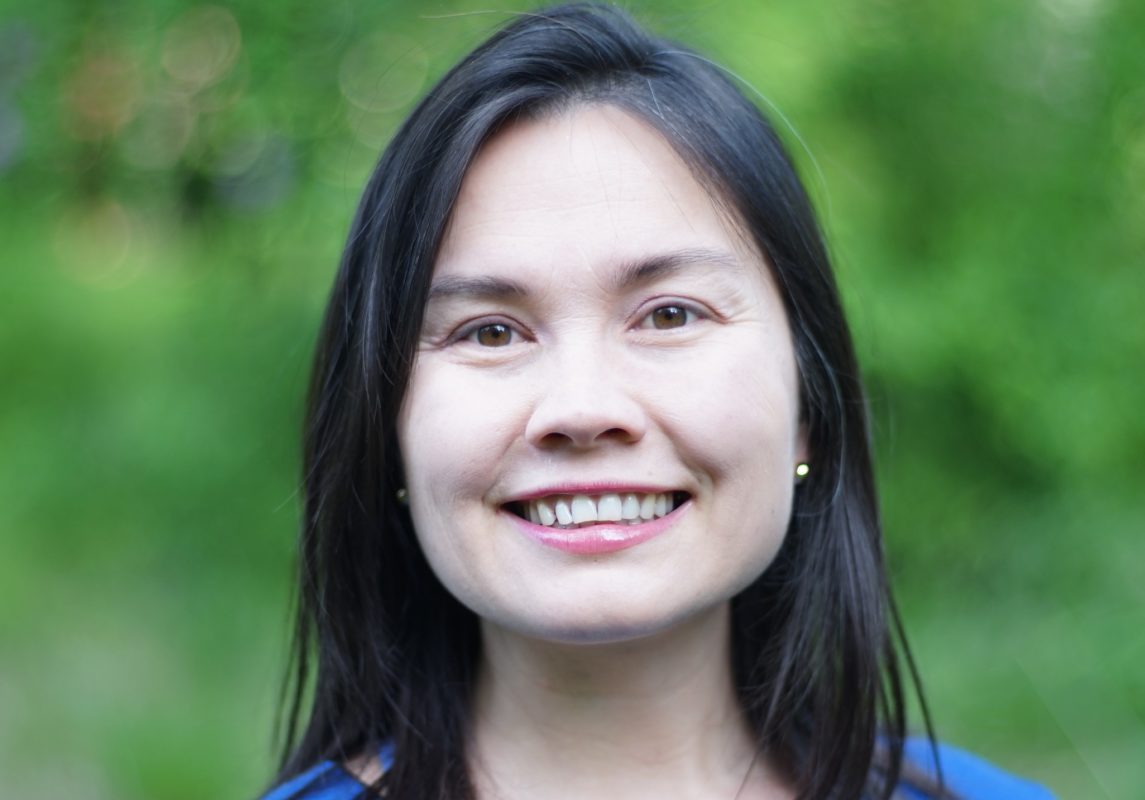

Meetings start with breathing exercises, “To reconnect with the body we inhabit, to be present,” Jana explains. “We then do a check-in. Was there anything hard about the week? We focus on resiliency. Where did you show up, where did you practice self-care, what boundaries did you draw that you’re proud of?”
Next, participants share what they will try to do for themselves this week. That might be taking a walk or a relaxing bath or simply accepting a free coffee from Starbucks.
“Even if you can’t follow through immediately, you’re committing to a group of your peers,” Jana says. “And when you do eventually follow through, the group celebrates with you.”
A Buffer Between Work and Home
Many caregivers have also been caught between tending to patient trauma and their loved ones’ well-being. “They might have concerns about keeping their family safe from the virus or whether their children are getting a proper education at home,” says Jana. “They have had no buffer zone, at a time when they need to talk to someone other than a spouse or mother.”
Jessica Velasco, RN, was in a supervisory role at RVNAhealth when COVID-19 cases started to appear in Connecticut in March. She immediately volunteered to return to her clinical roots to help care for our rapidly-escalating hospice census (eventually contracting and then ultimately recovering from the virus herself).
A mother of two elementary school children, Jessica says that being able to talk confidentially with her peers has been important for both her and her family.
“As nurses, we are always trying to make sure everyone else is ok, and that leaves no time for self-care,” she says. “I can’t take care of my family if I’m not well.”
She notes that the group is also important because while her family could sympathize with her, they “couldn’t know what I was going through.”
RVNAhealth will offer Caregiver Support Groups to the facilities where our team serves and in the community. Contact jwu@rvnahealth.org for information.

